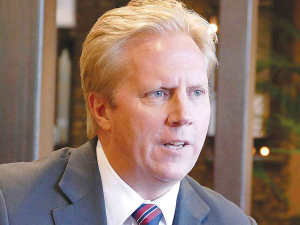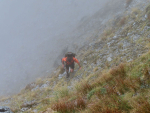The National Party says that, if elected, it will establish a Minister for Hunting and Fishing.
The ministerial role, the party claims, would guarantee access to public lands for hunters and fishers and partner with volunteer groups to maintain huts for the benefit of all New Zealanders.
“Tens of thousands of New Zealanders have grown up hunting and fishing,” says National Party hunting and fishing spokesperson Todd McClay. “Hunters help control animal numbers, protect biodiversity by eradicating pests, and provide food for their families.”
McClay also announced a package of policies centring on the rights of hunters and fishers, including:
- Strengthening of the Game Animal Council and designating ‘herds of special interest’
- Changing the law so game animals are not considered pests
- Guaranteeing access to public land for hunting and fishing.
- Establishing the ‘Huts of Recreational Importance’ Partnership to maintain huts in the DOC estate
- Supporting Fish & Game New Zealand and protecting trout and salmon fishing
- Not introducing recreational licences for game animal hunting or sea fishing.
He says the package supports the rights of Kiwis to continue hunting and fishing whilst protecting and enhancing the natural environment.
“This package supports recreational hunters and fishers across the country and will be achieved within existing resources by partnering with community groups,” McClay says.
“National believes conservation and recreation can work in harmony. That’s what this package will deliver.”











